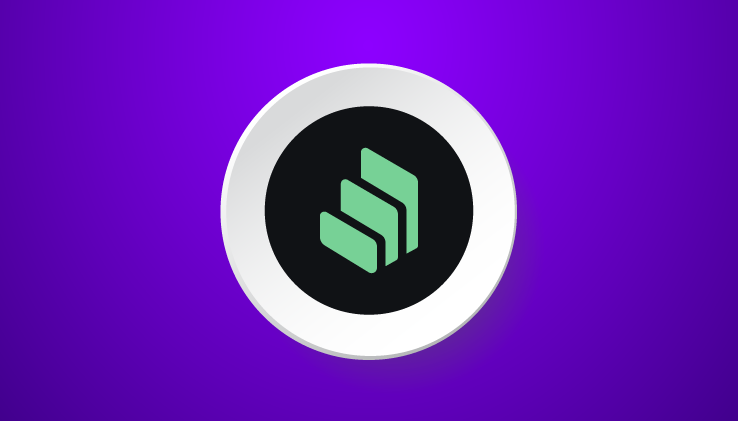Bitcoin usage comes with risks, but there are ways to ensure your Bitcoin is safe. One of the first things you need to know is how to properly transfer Bitcoin. It’s advisable to always double-check the Bitcoin wallet address you are sending your crypto to.
Another important consideration is the storage of Bitcoin in a hot or cold wallet. A hot wallet gives you quick access to Bitcoin and lets you take advantage of market volatility during trades. However, it is connected to the internet and chances are, hackers can steal your coins. With a cold wallet, your Bitcoin is stored offline. It ensures hackers cannot remotely steal your coins, and is one of the best ways how to protect your Bitcoin from hackers.
Crypto exchanges can also be at risk of you losing your Bitcoins. There are many scam exchanges out there that will quickly steal your coins once you deposit them. These exchanges operate for weeks or months and then fold without warning. It’s advisable to always pick a reputable Bitcoin exchange when you buy and deposit Bitcoin. Only deposit what you need to trade.
We recommend that you use Bitstamp, based in Luxembourg, to purchase Bitcoin. However, Bitstamp accepts trades in fiat and crypto. Another exchange that we highly recommend is Coinbase, based in San Francisco. These two exchanges excel in the areas of security, reputability, and licensing.
It is also important to understand the regulatory challenges of owning Bitcoin. A major issue is tax payment on your holdings. Today, there are major tax companies that will process crypto transactions. Ensure you use them and file your taxes on time. Regarding legal challenges, one way to protect yourself is to lobby your political representatives to make better laws. For instance, there are states in the US that have great legal protection for Bitcoin. One such state is Texas, which has created a welcoming sector for the crypto sector. In May 2021, the State’s Congress passed House Bills 1576, and 4474, which made crypto legal in Texas starting in September 2021.
Finally, keep yourself informed if you want to answer the question about Bitcoin safety. Find out as much as you can if you find anything on the internet that should cause alarm. For instance, if you learn that an exchange is in trouble, you could be lucky to get your crypto out if you act early enough. Additionally, if you learn that your hot wallet has security challenges, you can switch to a new one in time.
 Apr 10, 2024
Apr 10, 2024









